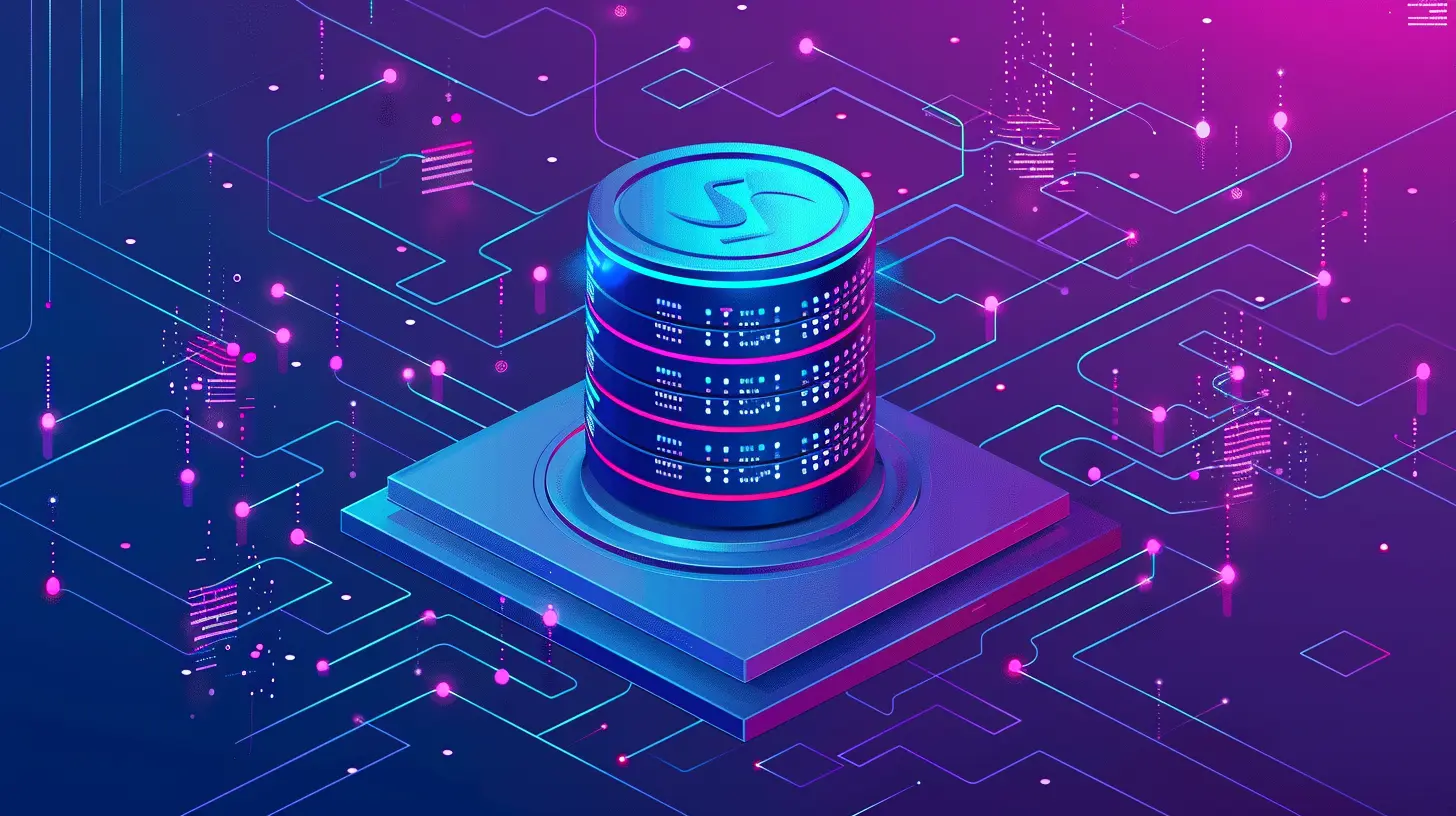The Benefits of Learning SQL for Backend Development
22 August 2025
Alright, let’s be real—backend development can seem like a jungle, filled with cryptic languages, endless frameworks, and databases that look like alien artifacts. But if there’s one superpower every backend developer should have in their toolkit, it’s SQL (Structured Query Language).
Now, why is SQL such a big deal? Imagine trying to organize a massive library without a proper cataloging system—you’d be walking around aimlessly, pulling books off shelves, and probably crying in a corner. SQL is that cataloging system for databases. It helps backend developers retrieve, manage, and manipulate data efficiently.
So, buckle up because we’re about to break down why learning SQL is one of the smartest career moves you can make in backend development!

1. SQL Is the Foundation of Backend Development
If backend development is a house, SQL is the bricks. Most applications rely heavily on databases to store user information, transactions, content, and just about everything else under the sun. And guess what? SQL is the universal language for interacting with these databases.From relational databases like MySQL, PostgreSQL, and SQL Server to cloud-based solutions like Google Cloud SQL and Amazon RDS, SQL is everywhere. Knowing how to write efficient queries, optimize database performance, and manage data effectively puts you miles ahead in the backend game.

2. Makes Data Retrieval Fast and Efficient
Imagine ordering food at a restaurant. You wouldn’t want the waiter to spend an hour bringing you a simple burger, right? Similarly, a slow database query can cripple an entire application.SQL allows you to retrieve only the data you need, using commands like `SELECT`, `JOIN`, and `WHERE`, ensuring responses are lightning-fast. Indexing, caching, and query optimization further help speed up database interactions, making your applications perform smoothly.

3. Essential for Handling Large Datasets
Ever worked with millions or even billions of records? Without SQL, trying to retrieve information from massive datasets feels like finding a needle in a haystack. SQL provides powerful ways to filter, sort, and group data efficiently.With commands like `GROUP BY`, `HAVING`, and `ORDER BY`, you can manipulate even the largest datasets like a pro. This is particularly useful for applications dealing with analytics, financial transactions, and user-generated content.

4. SQL Integrates Seamlessly With Backend Languages
Here's the beauty of SQL—it plays nicely with just about every major backend language. Whether you're working with Python (Django, Flask), JavaScript (Node.js), Ruby (Rails), PHP, or even Java, SQL fits right in.Most backend frameworks come with built-in database abstraction layers like ORM (Object-Relational Mapping), but at the end of the day, they still generate SQL queries behind the scenes. If you understand SQL, troubleshooting and optimizing those queries becomes second nature.
5. Helps With API Development
Most modern applications use APIs for communication between the frontend and backend. What’s running behind those APIs? You guessed it—SQL queries!You'll often need to fetch data for REST or GraphQL APIs, handling everything from authentication to data transformation. Writing optimized SQL queries ensures your API endpoints respond quickly, which is crucial for delivering a seamless user experience.
6. Security and Data Integrity
Ever heard of SQL injection? It’s a notorious hacking technique where attackers manipulate SQL queries to gain unauthorized access to databases. Knowing SQL helps you understand such vulnerabilities and implement proper security measures.Using prepared statements, parameterized queries, and strict permissions, you can keep databases secure from malicious exploits. Plus, SQL supports ACID (Atomicity, Consistency, Isolation, Durability) properties to ensure database transactions remain reliable.
7. High Demand in the Job Market
If you're looking to land a backend development role, SQL isn’t just a "nice-to-have" skill—it’s a must-have. Nearly every tech job description for backend developers, data engineers, and even DevOps professionals includes SQL as a requirement.Companies rely on SQL to manage their databases efficiently, making developers who can write optimized queries highly valuable. Whether you’re working with startups or tech giants, SQL proficiency gives you a competitive edge.
8. Powers Data-Driven Decision Making
SQL isn’t just useful for developers—it’s the backbone of data analytics and business intelligence. Companies generate tons of data daily, and SQL allows them to extract meaningful insights.As a backend developer, you’ll often need to generate reports, analyze trends, and optimize database performance, all of which require SQL expertise. Even data scientists and analysts rely on SQL heavily for processing huge datasets.
9. Saves Time With Automation
Automation is every developer’s best friend. Imagine manually deleting old records, updating user information, or generating periodic reports—it’d be a nightmare. SQL allows you to automate such repetitive tasks using stored procedures and triggers.For example, you can schedule a SQL script to run at regular intervals, automatically cleaning up inactive users or archiving outdated transactions. This not only saves time but also ensures efficiency in data management.
10. Simplifies Debugging and Troubleshooting
Ever had an API return the wrong data and spent hours figuring out why? SQL comes to the rescue. When you understand SQL, you can dig into database logs, check for missing records, and debug queries effortlessly.Instead of blindly relying on ORM-generated queries, knowing SQL helps you diagnose slow queries, optimize indexes, and fix performance bottlenecks like a database ninja.
11. Future-Proof Your Career
Technology stacks come and go, but SQL has stood the test of time. It has been around for decades and remains a core skill in every backend developer’s arsenal. Learning SQL today ensures you're equipped with a skill that’s not going anywhere.Even as NoSQL databases like MongoDB and Firebase gain popularity, relational databases remain dominant in enterprise applications, financial systems, and cloud computing. If you master SQL, you future-proof your career in tech.
Final Thoughts
SQL is more than just a database query language—it’s a game-changer for backend developers. It speeds up data retrieval, enhances security, integrates seamlessly with backend frameworks, and helps you build robust, scalable applications.So, if you haven’t already started learning SQL, now’s the time! Your future self (and your future employers) will thank you.
all images in this post were generated using AI tools
Category:
Coding LanguagesAuthor:

Vincent Hubbard
Discussion
rate this article
1 comments
Runevale Kelly
Unlocking the secrets of data manipulation, SQL unveils hidden patterns in backend development—a language where power meets precision. What mysteries lie within your datasets?
September 5, 2025 at 5:04 AM

Vincent Hubbard
SQL indeed empowers developers to uncover insights and optimize data management—essential skills for mastering backend development. What discoveries await in your own datasets?


